Ottawa, Canada’s capital, is a linguistic kaleidoscope where languages collide, blend, and evolve. But what is its true "mother tongue"? Is it English, French, or a mosaic of both? This question has intrigued linguists like Noam Chomsky, who explored the roots of language, and Steven Pinker, who delved into how languages shape societies. Even Margaret Atwood, Canada’s literary icon, has woven Ottawa’s bilingual identity into her narratives. So, what makes Ottawa’s linguistic landscape so unique?
Imagine walking through Ottawa’s ByWard Market—you hear French greetings, English conversations, and perhaps even Mandarin or Arabic. How did this linguistic diversity emerge? Is Ottawa truly bilingual, or does one language dominate? The answer lies in its history, demographics, and the interplay of cultures that have shaped this city. For more local insights, check out Ottawa News & Helpful Links.
Historical Roots of Language in Ottawa
Indigenous Languages and Early Settlers
Long before Ottawa became Canada’s capital, the Algonquin Anishinaabe people called this land home, speaking Anishinaabemowin. Their language, rich in tradition and history, laid the foundation for the region’s linguistic identity. When French explorers and missionaries arrived in the 1600s, they brought with them the seeds of Francophone culture. The French influence was so strong that it shaped the early identity of the region, even as British colonization in the 1700s began to shift the balance toward English.
The Bilingual Capital Decision
Ottawa’s selection as Canada’s capital in 1857 was no accident. Its strategic location between English-speaking Upper Canada and French-speaking Lower Canada made it a natural choice for a bilingual capital. This decision was further solidified by the Official Languages Act of 1969, which mandated that federal institutions operate in both English and French. This policy not only preserved French in Ottawa but also made bilingualism a cornerstone of the city’s identity. For more on Ottawa’s history, visit Ottawa News & Helpful Links.
Current Linguistic Demographics
English vs. French: Who Dominates?
Walk down Sparks Street or grab a Beavertail, and you’ll quickly realize Ottawa’s linguistic split isn’t just about politics—it’s in the air. English is the undisputed heavyweight, with 62.4% of Ottawans claiming it as their mother tongue. French trails at 14.2%, but don’t underestimate its cultural clout—especially in neighborhoods like Orléans, where "Bonjour!" is as common as Tim Hortons spills. The remaining 23.4%? A vibrant mosaic of Arabic, Mandarin, Spanish, and Italian speakers turning Ottawa into a linguistic buffet.
Bilingualism in Practice
Here’s the twist: 37% of Ottawans flip between English and French like bilingual acrobats—way above Canada’s 18% average. Why? Blame the federal government, where job postings might as well say, "Must conjugate être and to be equally well." But let’s be real: many Anglophones’ French starts and ends with "poutine"—while Francophones often switch to English just to avoid their grammar being roasted.
For hyperlocal language hotspots, check Ottawa News & Helpful Links.
The Role of Immigration in Shaping Language
Newcomers and Multilingualism
Ottawa’s immigration boom isn’t just adding flavors to the food scene—it’s remixing the city’s language playlist. Recent arrivals often cling to mother tongues like Arabic or Mandarin while wrestling with English verb tenses. Neighborhoods like Chinatown and Little Italy double as linguistic time capsules, where grocery lists might look like UN documents.
Language Retention Across Generations
Here’s the plot twist: by the second generation, "Ciao, Nonna!" often morphs into "Hey, Grandma!"—a universal immigrant kid dilemma. But Ottawa’s French immersion schools are the wildcard, churning out kids who can argue about hockey in two languages (even if their subjunctive tense is a crime against grammar).
Craving more local insights? Dive into Ottawa News & Helpful Links.
Government Policies and Language Preservation
Ottawa’s linguistic landscape is shaped not just by its people but also by the policies that govern it. The city’s commitment to bilingualism is enshrined in federal law, but how effective are these policies in preserving languages, especially French and Indigenous tongues? Let’s explore.
Official Bilingualism in Action
Since the Official Languages Act of 1969, Ottawa has been a beacon of bilingualism in Canada. Federal services, from healthcare to legal aid, must be available in both English and French. This ensures that Francophones and Anglophones alike can access essential services in their preferred language. However, debates persist about whether French receives enough support. For instance, while federal institutions are bilingual, private businesses often default to English, leaving some Francophones feeling marginalized.
Indigenous Language Revitalization Efforts
Before European settlers arrived, the Algonquin Anishinaabe people called the Ottawa region home, speaking Anishinaabemowin. Today, efforts are underway to revive this and other Indigenous languages. Organizations like the Ottawa Aboriginal Coalition are leading the charge, offering language classes and cultural programs. These initiatives are crucial for preserving the rich linguistic heritage of the region’s First Nations.
The Future of Language in Ottawa
As Ottawa continues to grow and diversify, its linguistic identity is evolving. What does the future hold for English, French, and the many other languages spoken in the city? Let’s take a closer look.
Will French Decline Further?
While French remains a cornerstone of Ottawa’s identity, some worry it could lose ground. The percentage of Francophones has been declining, partly due to immigration patterns and the dominance of English in global business. Advocacy groups like Franco-Ontarian are pushing for stronger protections, including more French-language schools and media. The question is: Can these efforts stem the tide, or will French become a secondary language in Ottawa?
The Rise of Multilingualism
Ottawa is becoming increasingly multilingual, with schools offering programs in Mandarin, Spanish, Arabic, and more. This reflects the city’s growing immigrant population and its embrace of global cultures. Here’s a snapshot of the most common non-official languages spoken in Ottawa:
- Arabic: Widely spoken in neighborhoods like Overbrook.
- Mandarin: Popular in areas with a strong Chinese community, such as Chinatown.
- Spanish: Growing due to immigration from Latin America.
As technology advances, AI-powered translation tools could further reduce language barriers, making Ottawa a truly global city. The future of language here is not just about preserving the past but embracing the possibilities of a multilingual future.
AI Solutions: How Could AI Help Preserve Ottawa’s Linguistic Diversity?
AI-Powered Language Learning Apps
Imagine a world where learning French or Algonquin is as easy as scrolling through your favorite social media feed. AI-powered language learning apps, like Duolingo or Babbel, could be customized for Ottawa’s unique linguistic needs. These apps could use personalized algorithms to adapt to individual learning styles, making language acquisition faster and more engaging. For example, an AI could analyze your progress in real-time, offering tailored exercises to improve your French grammar or Algonquin vocabulary. Schools like uOttawa and Carleton University could partner with tech companies to develop these tools, ensuring they’re culturally relevant and effective.
Real-Time Translation for Government Services
Navigating government services can be daunting, especially if you’re not fluent in English or French. AI-powered real-time translation tools could bridge this gap. Imagine walking into a hospital or government office and speaking in your native language, only to have an AI chatbot instantly translate your words into English or French. Companies like Google Translate and DeepL are already making strides in this area. Ottawa could pilot these technologies in high-traffic areas like the Government of Canada offices or The Ottawa Hospital, ensuring everyone has access to essential services, regardless of language barriers.
Predictive Analytics for Language Policy
What if we could predict which languages will dominate Ottawa in the next decade? AI-powered predictive analytics could analyze migration patterns, birth rates, and language retention rates to forecast future linguistic trends. This data could inform policy decisions, such as where to allocate resources for language education or which languages to prioritize in public services. Organizations like the Statistics Canada could collaborate with AI experts to develop these models, ensuring Ottawa remains a leader in linguistic diversity and inclusion.
Action Schedule/Roadmap (Day 1 to Year 2)
Day 1: Assemble a multidisciplinary team of linguists, AI engineers, and policymakers. Key players could include representatives from uOttawa, Carleton University, and local tech startups like Shopify.
Week 1: Conduct a city-wide language survey using AI analytics to identify current linguistic needs and gaps. Partner with Statistics Canada for data collection and analysis.
Month 1: Develop a pilot AI-powered language learning app tailored to Ottawa’s demographics. Collaborate with Duolingo or Babbel for technical support.
Year 1: Launch real-time AI translation services in high-traffic areas like The Ottawa Hospital and Government of Canada offices. Monitor user feedback and make necessary adjustments.
Year 2: Expand AI language programs to schools and businesses, ensuring widespread adoption. Use predictive analytics to inform future language policies and resource allocation.
Ottawa’s Linguistic Future: A Tapestry of Voices
Ottawa’s linguistic identity is a vibrant tapestry, woven from threads of English, French, and countless other languages. While English may dominate, French remains a vital part of the city’s cultural fabric, and the voices of immigrants add rich, diverse hues to the mix. The rise of AI offers unprecedented opportunities to preserve and celebrate this diversity. From AI-powered language learning apps to real-time translation services, technology can bridge gaps and foster understanding.
But the future of language in Ottawa isn’t just about technology—it’s about people. It’s about the Algonquin elder teaching their grandchildren Anishinaabemowin, the immigrant family learning French to integrate into their new community, and the lifelong Ottawan rediscovering their heritage through language. It’s about creating a city where everyone feels heard, understood, and valued.
As we look ahead, one question remains: How can we ensure that Ottawa’s linguistic diversity continues to thrive in an increasingly globalized world? The answer lies in innovation, collaboration, and a commitment to inclusion. By embracing AI and other technologies, we can preserve the languages that make Ottawa unique while building a more connected, inclusive future.
What role will you play in shaping Ottawa’s linguistic future? Will you learn a new language, support language revitalization efforts, or advocate for policies that promote linguistic diversity? The choice is yours, and the time to act is now.
FAQ
Q: Is Ottawa more English or French?
A: English is the most common mother tongue in Ottawa, spoken by 62.4% of residents. French is the second most spoken language at 14.2%. For more details, visit Ottawa News & Helpful Links.
Q: Do you need to speak French in Ottawa?
A: While it’s not mandatory, speaking French can be very helpful, especially if you’re working in the federal government or in bilingual roles. Many services and jobs require proficiency in both English and French.
Q: What Indigenous languages are spoken in Ottawa?
A: The traditional language of the Algonquin Anishinaabe people, Anishinaabemowin, is spoken in Ottawa. Efforts to revitalize Indigenous languages are ongoing, supported by organizations like the Ottawa Aboriginal Coalition.
Q: How does immigration affect language in Ottawa?
A: Immigration has made Ottawa more multilingual. Many newcomers speak languages like Arabic, Mandarin, and Spanish, adding to the city’s linguistic diversity. Over time, second-generation immigrants often shift toward English while retaining some of their heritage language.
Q: What is the Official Languages Act?
A: The Official Languages Act, passed in 1969, ensures that English and French are the official languages of Canada. It requires federal services to be available in both languages, promoting bilingualism across the country.
Q: Are there French immersion schools in Ottawa?
A: Yes, Ottawa has many French immersion schools that help students become bilingual. These programs are popular among families who want their children to learn both English and French fluently.
Q: How is AI being used to support language in Ottawa?
A: AI is being explored for language learning, real-time translation, and predictive analytics. For example, AI-powered apps could help residents learn French or Indigenous languages, while chatbots could provide instant bilingual support in government services.
Q: What are the most common non-official languages in Ottawa?
A: The most common non-official languages in Ottawa include Arabic, Mandarin, Spanish, and Italian. These languages reflect the city’s diverse immigrant population.
Q: How can I learn more about Ottawa’s linguistic diversity?
A: For more insights, visit Ottawa News & Helpful Links, where you’ll find local news, resources, and updates on language trends in the city.
Wait! There's more...check out our gripping short story that continues the journey: Survival in the Neon Shadows
Disclaimer: This article may contain affiliate links. If you click on these links and make a purchase, we may receive a commission at no additional cost to you. Our recommendations and reviews are always independent and objective, aiming to provide you with the best information and resources.
Get Exclusive Stories, Photos, Art & Offers - Subscribe Today!

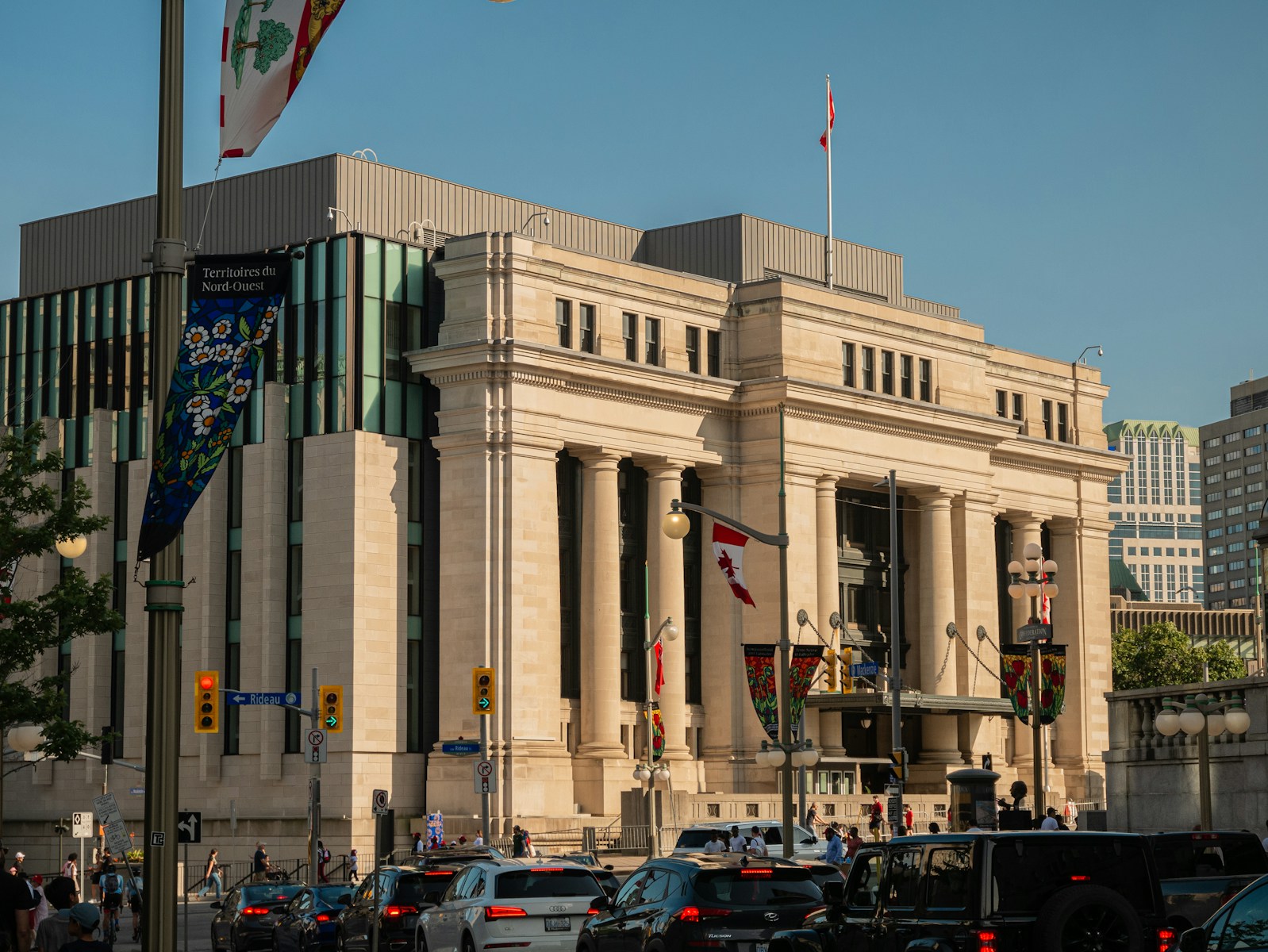
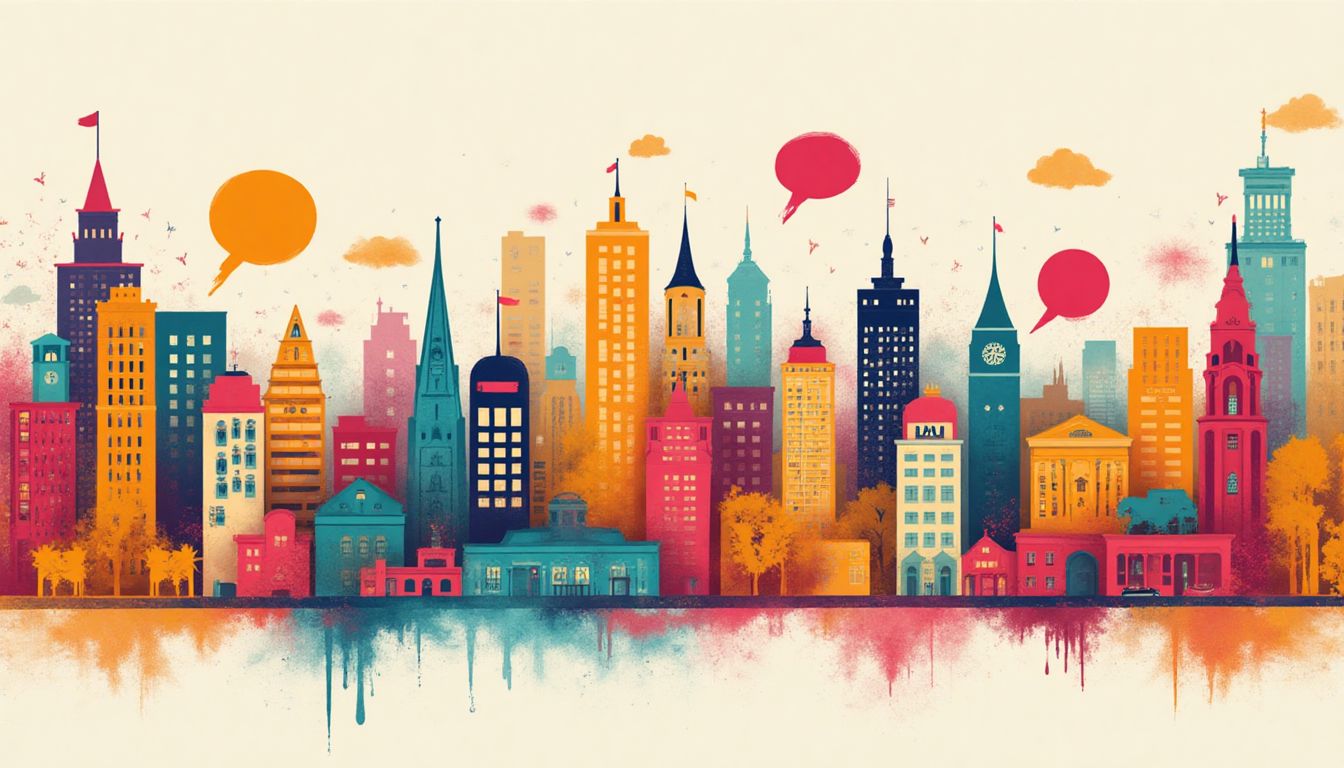

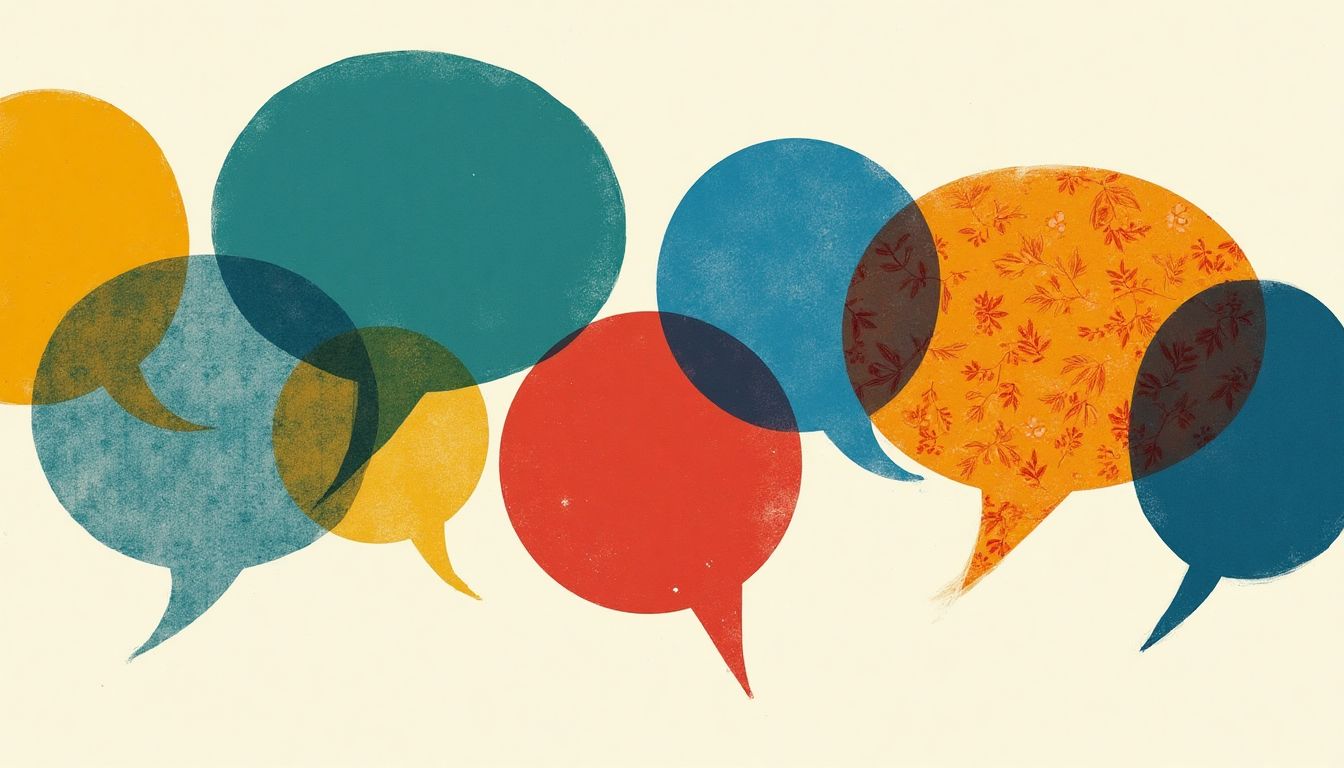

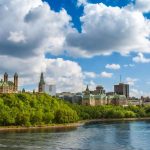
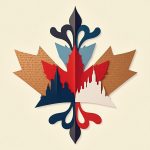
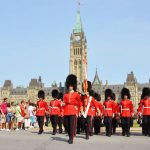
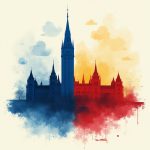

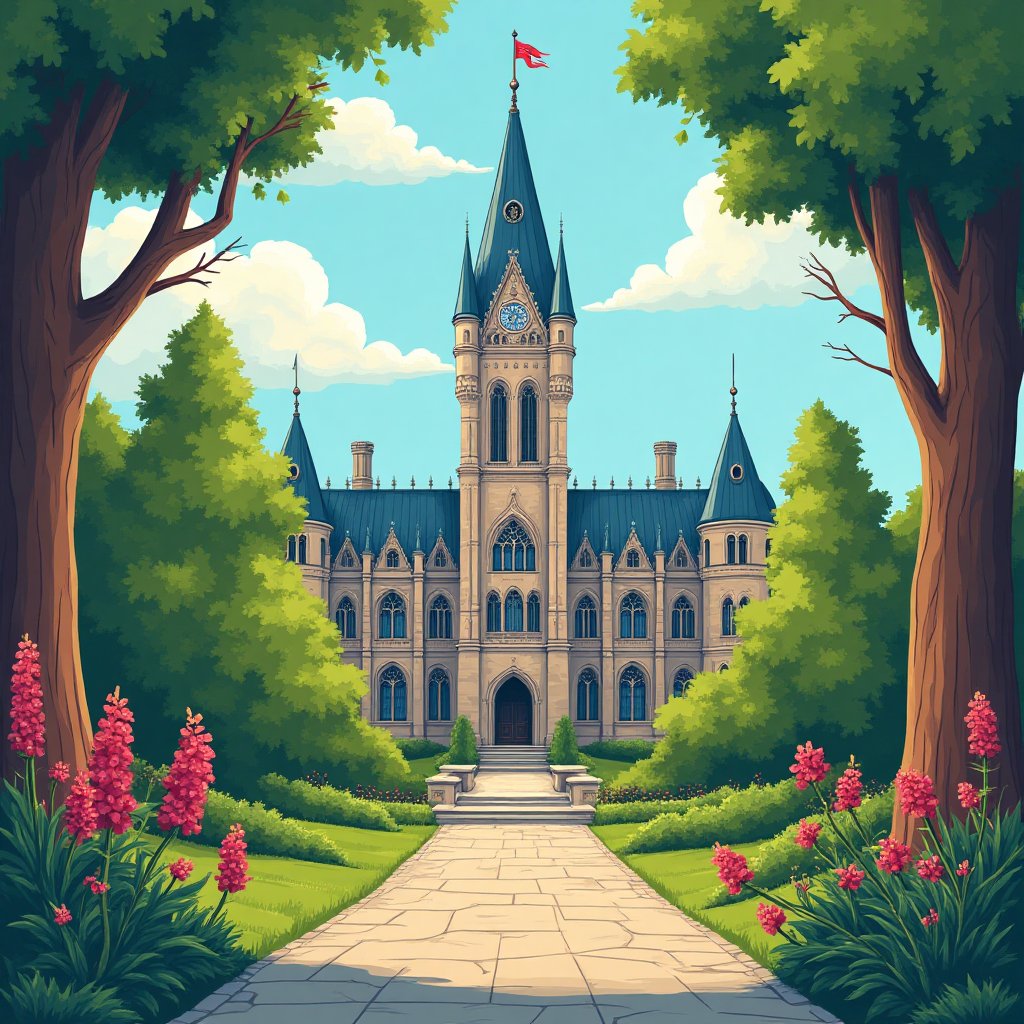
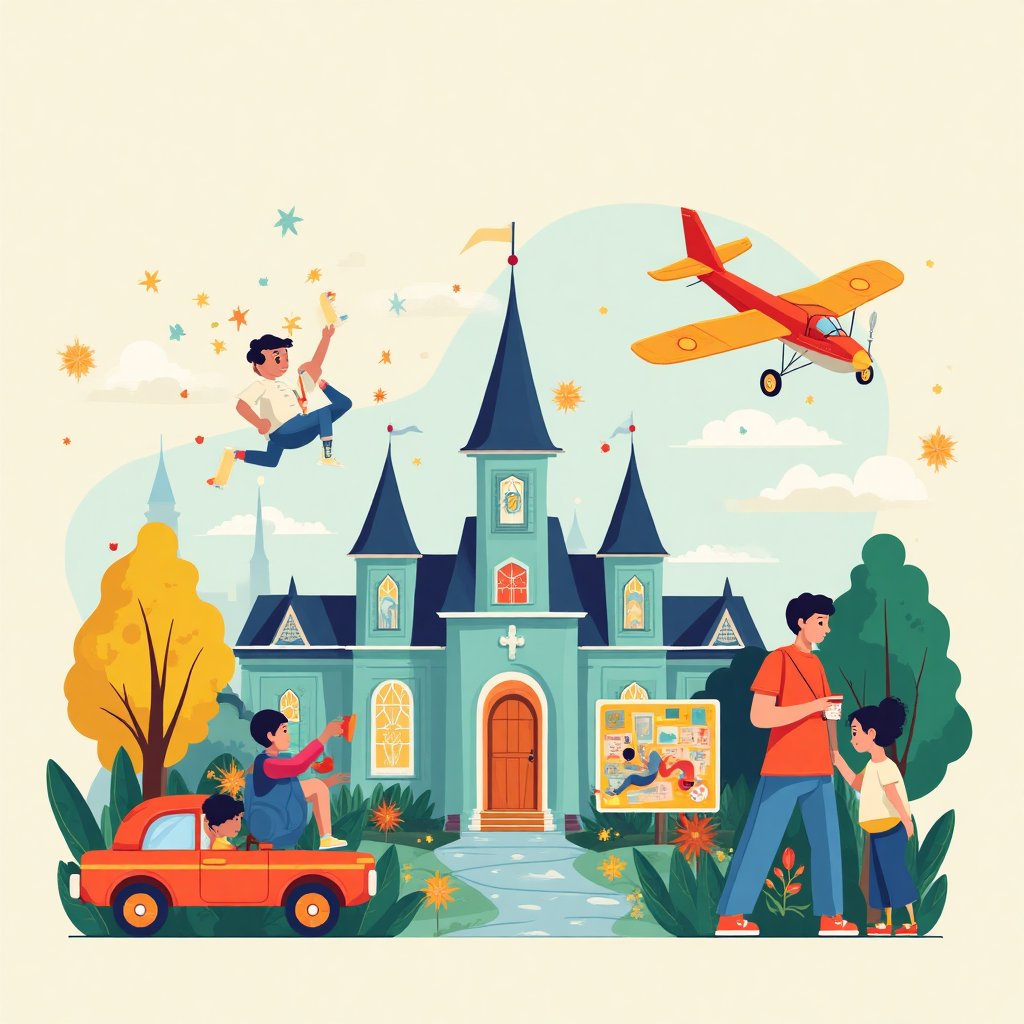
















Post Comment
You must be logged in to post a comment.